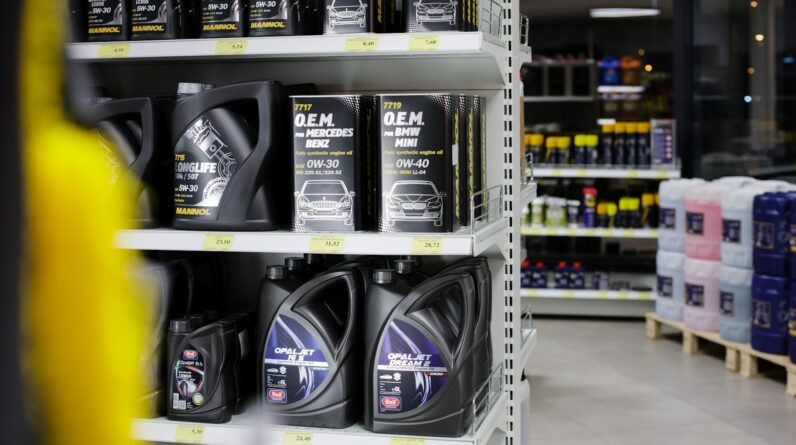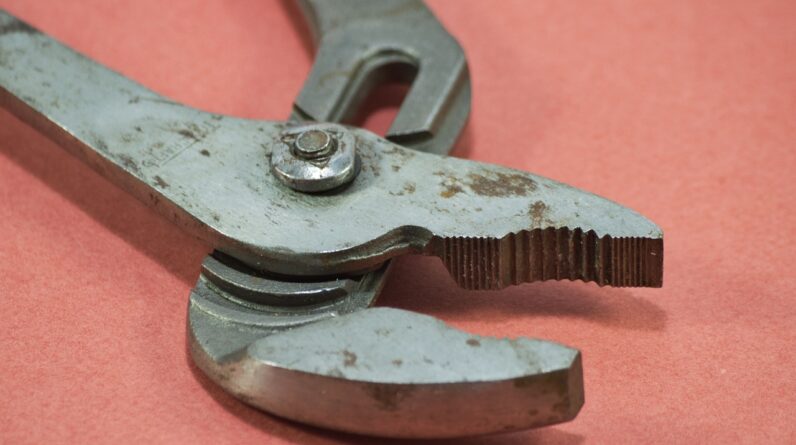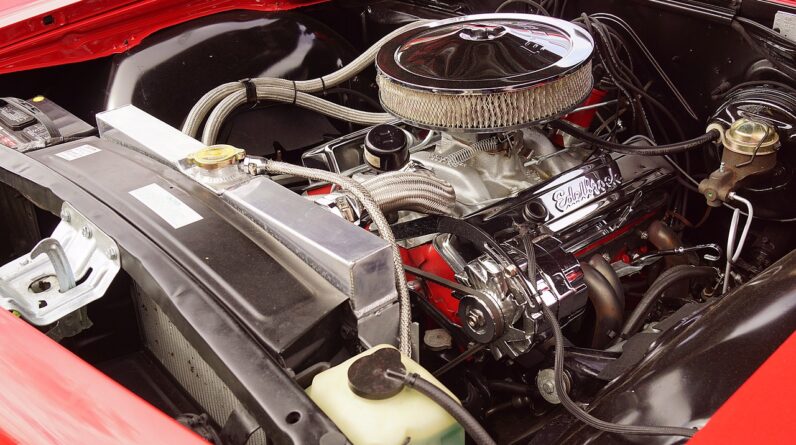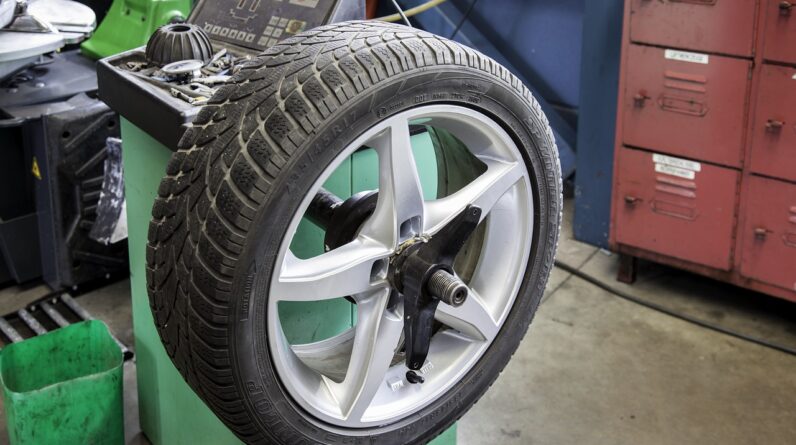
Discover proven strategies to keep your car running smoothly and extend its lifespan. Save money and stress with essential maintenance tips for every car owner.
Do you ever wonder how you can keep your car running smoothly for years? Owning a car comes with the responsibility of maintaining it properly to avoid breakdowns and extend its lifespan. Whether you’re a newbie or a seasoned car owner, knowing some proven strategies for effective car maintenance can save you money and stress in the long run. Let’s go through some essential tips that will help you take better care of your vehicle.

The Importance of Regular Car Maintenance
Consistent car maintenance is crucial. Not only does it keep your car in good condition, but it also prevents costly repairs down the line. By following routine checks and procedures, you can catch small issues before they turn into major problems. Moreover, a well-maintained car is safer to drive, offers better fuel efficiency, and can fetch a higher resale value.
Why Regular Checks Matter
Ignoring regular maintenance can lead to a myriad of issues, including overheating, brake failure, and other mechanical problems. Regular checks help you identify worn-out parts and other potential issues early. This proactive approach ensures that you can take corrective measures to avoid more significant problems.
Basic Car Maintenance Tips
Regular Oil Changes
Oil change is one of the most fundamental aspects of car maintenance. Engine oil lubricates the engine’s moving parts, reducing friction and preventing wear and tear. Over time, oil breaks down and becomes less effective, which can cause engine damage.
When to Change the Oil
The frequency of oil changes depends on the type of oil your car uses, as well as your driving conditions. Generally, it’s advisable to change your oil every 3,000 to 5,000 miles. However, always refer to your car’s owner manual for the manufacturer’s recommendation.
Keep an Eye on Fluid Levels
Apart from engine oil, your car relies on several other fluids for optimal performance. Regularly check and top up these fluids to keep your car running smoothly.
| Fluid Type | Purpose | Recommended Check Frequency |
|---|---|---|
| Engine Oil | Lubricates engine parts | Every 3,000 to 5,000 miles |
| Coolant | Regulates engine temperature | Every month |
| Transmission Fluid | Lubricates transmission components | Every 30,000 to 60,000 miles |
| Brake Fluid | Ensures proper brake function | Every month |
| Power Steering Fluid | Assists in steering | Every month |
| Windshield Washer Fluid | Cleans the windshield | As needed |
Tire Maintenance
Your car’s tires are the only part that contacts the road, so keeping them in good condition is vital for safety and performance.
Checking Tire Pressure
Maintaining the correct tire pressure enhances fuel efficiency and extends tire life. Use a tire pressure gauge to check the pressure monthly and before long trips. The recommended pressure can often be found in your car’s owner manual or on a sticker inside the driver’s side door.
Tire Rotation and Alignment
Tires wear unevenly depending on their position on the vehicle. Rotating your tires every 6,000 to 8,000 miles ensures even tire wear and extends their lifespan. Also, ensure your wheels are properly aligned every year or whenever you notice uneven tire wear or your car pulling to one side.
Advanced Maintenance Tips
Engine Performance
Keeping your engine in optimal condition is crucial for your car’s longevity and performance. Regular tune-ups and scheduled checks will ensure your engine functions efficiently.
Spark Plugs and Ignition System
Spark plugs play a critical role in your engine’s performance. Worn-out spark plugs can cause misfires, reduced fuel efficiency, and sluggish acceleration. Consider replacing them around every 30,000 miles, or as recommended in your car’s manual.
Air Filter Replacement
The air filter prevents dust, dirt, and debris from entering the engine. A clogged air filter can reduce air intake, affecting engine performance and fuel economy. Replace the air filter every 15,000 to 30,000 miles or according to your car’s specifications.
Electrical System Maintenance
Your car’s electrical system is complex but vital. From starting your car to powering various electronic components, it requires careful maintenance.
Battery Care
The battery powers your car’s starter motor, lights, and other electrical systems. A weak or dead battery can leave you stranded.
Checking Battery Terminals
Corrosion on battery terminals can impede the flow of electricity. Regularly inspect your battery terminals and clean them if necessary. Use a mixture of baking soda and water to neutralize any corrosion, then rinse with clean water and dry.
Battery Health
Use a multimeter to check your battery’s health. A fully charged battery should read around 12.6 volts or higher. If the reading is below 12.4 volts, it might be time to consider a replacement.
Lights and Indicators
Ensuring that your lights and indicators are functioning correctly is essential for road safety.
Headlights and Tail Lights
Inspect your headlights and tail lights periodically. Replace any burnt-out bulbs immediately. Clean the lenses regularly to keep them bright and improve visibility.
Signal Indicators
Proper functioning signal indicators are crucial for safe driving. Check them regularly and replace any faulty bulbs. If the indicator blinks rapidly, it usually indicates a burnt-out bulb.

Brake System Maintenance
A well-maintained brake system is crucial for your safety and the safety of others on the road.
Checking Brake Pads and Rotors
Brake pads and rotors wear out over time and need regular inspection.
When to Replace Brake Pads
Listen for any high-pitched squealing or grinding noises when you brake. These sounds often indicate that your brake pads are worn out. Aim to replace them every 20,000 to 50,000 miles, depending on your driving conditions.
Inspecting the Rotors
Rotor wear is not as frequent as brake pad wear, but it’s equally important. Look for any grooves or cracks on the rotor’s surface. If you notice any, consult a mechanic for a more thorough inspection and possible replacement.
Brake Fluid
Brake fluid is essential for effective braking. Over time, it can absorb moisture, reducing its efficiency.
Checking Brake Fluid Level and Quality
Always keep your brake fluid at the recommended level. Check for any discoloration; brake fluid should be clear or slightly yellow. If it appears dark or cloudy, it’s time for a brake fluid change.
Maintaining Your Car’s Exterior and Interior
Cleaning and Detailing
Keeping your car clean both inside and out not only makes it look good but also preserves its value.
Regular Washing
Wash your car every two weeks to remove dirt, grime, and salt that can corrode the paint and metal.
Waxing
Applying a coat of wax every three months helps protect your car’s paint from harmful UV rays, water spots, and other environmental damages.
Interior Care
A clean interior enhances your driving experience and maintains your car’s value.
Vacuuming
Regularly vacuum the carpets and seats to remove dirt and debris. For fabric seats, use a suitable cleaner to remove stains.
Cleaning Dashboards and Windows
Use a microfiber cloth and an appropriate cleaner to wipe down the dashboard and clean the windows. Ensuring clear visibility through the windows is essential for safe driving.

Developing a Maintenance Schedule
Creating and adhering to a maintenance schedule can help you keep track of your car’s upkeep and ensure timely interventions.
Customized Maintenance Plan
Develop a maintenance plan based on your car’s specific needs and manufacturer recommendations. Consider how you use your car: city driving, long-distance travels, or infrequent usage may all have different maintenance requirements.
Keeping Records
Maintain detailed records of all maintenance and repairs. This helps you stay organized and provides valuable information for future services. Moreover, having a well-documented history can be beneficial when selling your car.
Knowing When to Seek Professional Help
Some maintenance tasks are complex and require professional expertise.
Identifying Red Flags
If you notice any unusual sounds, smells, or changes in your car’s performance, it’s best to consult a professional. Ignoring these signs can lead to more significant problems and higher repair costs.
Selecting a Reliable Mechanic
Find and build a relationship with a trusted mechanic. Research reviews, ask for recommendations, and visit different service centers to find one that suits your needs.
Understanding Diagnostic Tools
Modern cars come equipped with advanced diagnostic systems. A professional mechanic can use these tools to identify and address issues with your vehicle effectively.

Cost-Effective Maintenance Tips
Maintaining your car doesn’t have to be expensive. There are several budget-friendly strategies you can adopt to keep your car in great shape.
DIY Maintenance
Some routine maintenance tasks, like changing air filters or wiper blades, can be done yourself. You can find tutorials online, save on labor costs, and gain a better understanding of your car’s mechanics.
Buying Quality Parts
When replacing parts, opt for quality over cost. Cheap parts might save you money initially but can cost more in the long run through frequent replacements and potential damage.
Keeping an Eye on Deals
Look for discounts, coupons, and promotions from auto parts stores and service centers. Being aware of these can help you save on maintenance costs.
Conclusion
Effective car maintenance is about being proactive and attentive. By following these proven strategies, you’re not only ensuring your car’s longevity and performance but also protecting yourself and others on the road. Remember, the key is regular checks, timely interventions, and understanding when professional help is necessary. Happy driving, and may your car continue to serve you efficiently for years to come!
This article provides valuable tips and insights on car maintenance. Understanding and implementing these strategies can significantly benefit you, helping you avoid unnecessary expenses and ensuring your vehicle stays in top-notch condition. Take a little time for regular upkeep, and you’ll find that it pays off in the long run, both in terms of performance and longevity.






